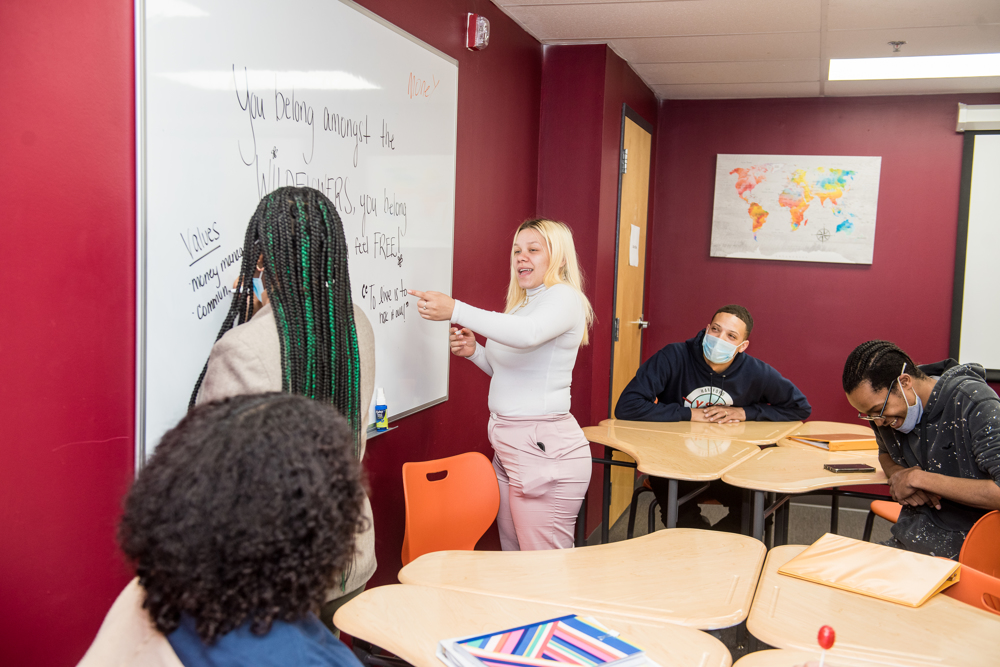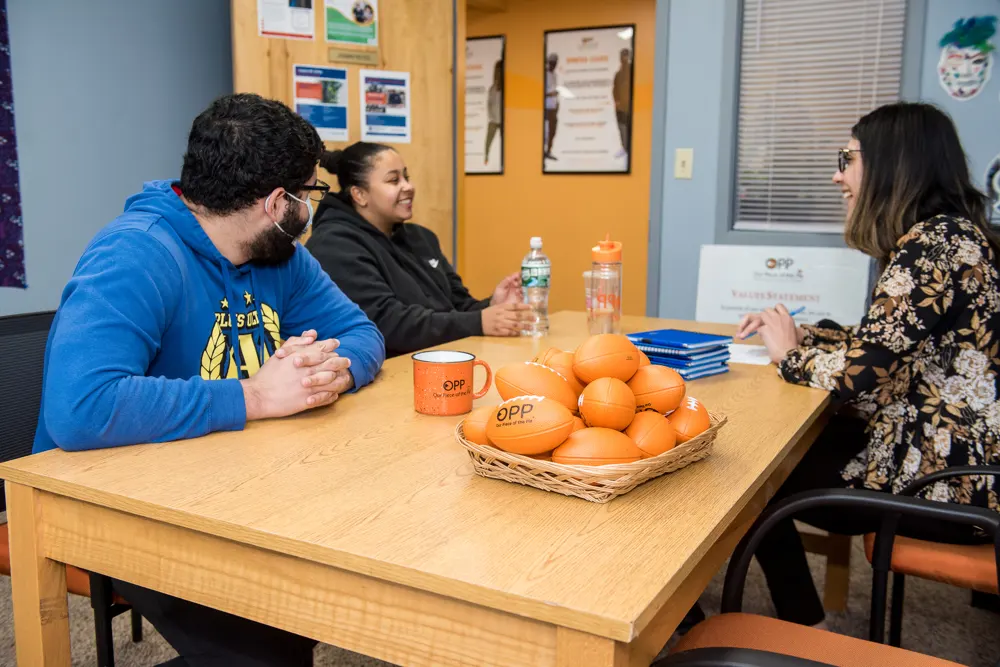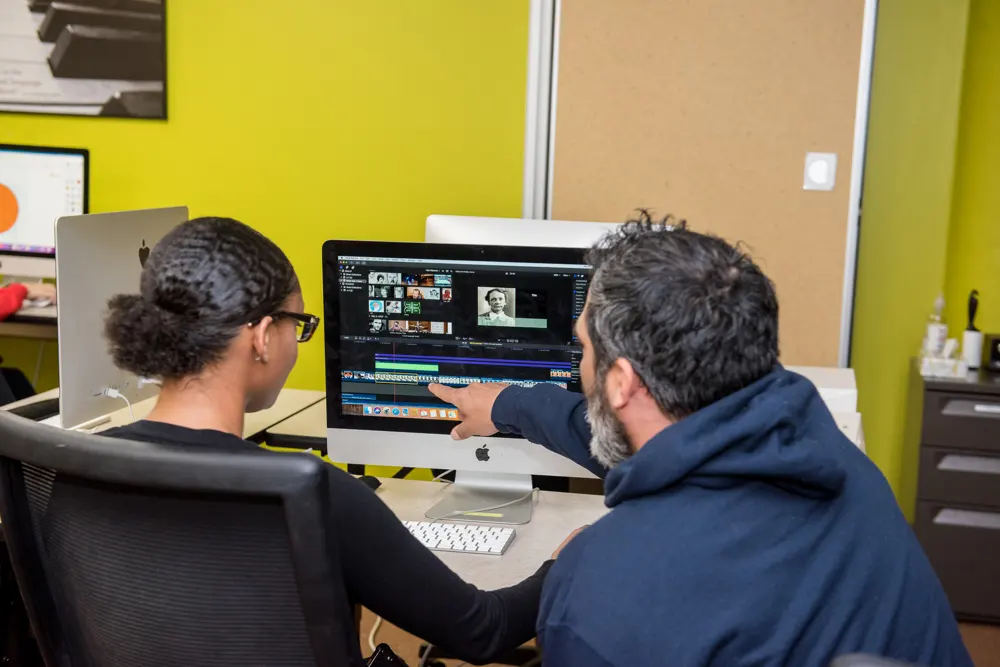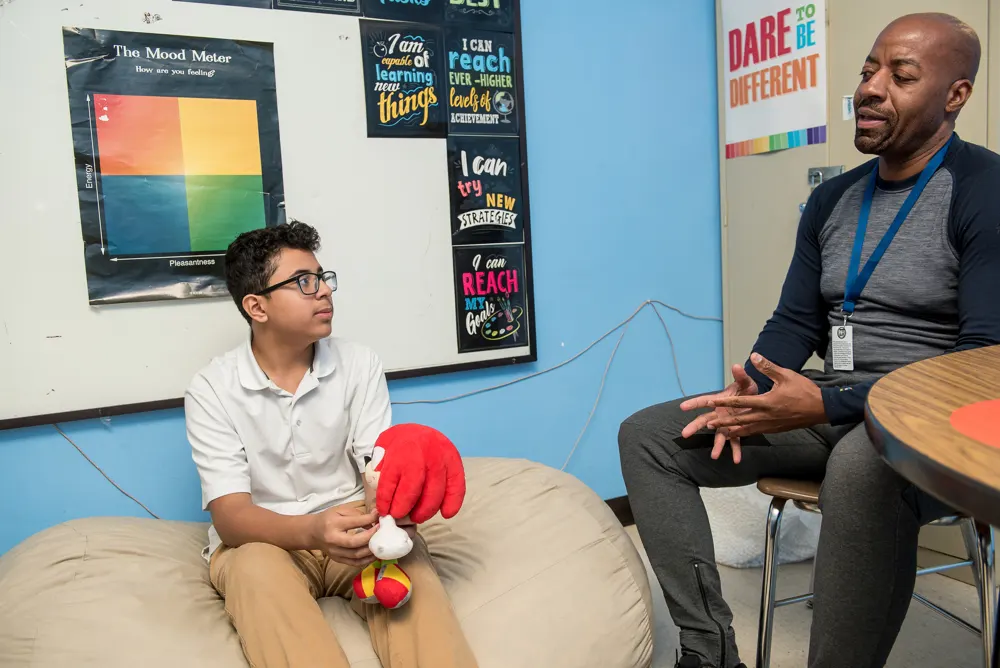Social Investment Philosophy
CTOP’s social investments are designed to benefit young people ages 14 to 26 who are severely off-track or disconnected from education and employment.
 CTOP's disciplined approach to social investing is guided by ten principles:
CTOP's disciplined approach to social investing is guided by ten principles:
- Maintain an ethical duty to do no harm. Our grantee partners’ wellbeing is always front and center in our thinking, and we design our practices to avoid some of the ways traditional philanthropy does harm - for example, we recognize that many foundation grants do not meet the full cost of providing services, and especially that they fail to compensate adequately for overhead costs. CTOP avoids causing harm in this way by making large “general operating support grants” where the funds are fully fungible and the grantee can use them in whatever ways are necessary to advance their work sustainability.
- Invest to create social value above all else. Our multi-year general operating support grants are structured against the grantee partner’s achievement of capacity-building milestones that will result in, among other markers of stronger organizational capacity, program design and implementation practices which are strongly informed by research evidence on “what works” to help severely off-track and disconnected young people transition successfully to a post-secondary pathway that leads to sustaining employment.
 Hold grantee partners and CTOP accountable together for creating social value, which requires continuous improvement from each party. We monitor grantee partners’ progress toward achieving the developmental milestones that will ultimately result in their becoming high performing and sustainable youth-serving entities. Where we see emerging challenges to their meeting specific milestones, we make technical assistance, consultation, and coaching available as indicated.
Hold grantee partners and CTOP accountable together for creating social value, which requires continuous improvement from each party. We monitor grantee partners’ progress toward achieving the developmental milestones that will ultimately result in their becoming high performing and sustainable youth-serving entities. Where we see emerging challenges to their meeting specific milestones, we make technical assistance, consultation, and coaching available as indicated.- Make investments within a well specified and delimited domain within which the outcomes and impacts that will count as social value are clearly identified. Through due diligence we establish how well aligned an organization’s mission and goals are with CTOP’s investment goals, specifically that potential grantees are indeed serving severely off-track and disconnected young people in Connecticut and doing so with a focus on helping them achieve life-changing outcomes – including finishing secondary education and/or achieving certification, then obtaining and retaining self-sustaining employment.
- Make investment decisions based on rigorous selection criteria and due diligence assessments against them. We have very clear, operationally defined levels of organizational development in terms of which we conduct due diligence and select grantees for investment, and then structure our grantmaking investments in terms of them so as to help organizations develop progressively and measurably to higher stages of development
- Provide long-term, unrestricted capital aligned to performance metrics in order to help our grantee partners build their capacity to deliver effective services reliably and sustainably at high levels of quality. We make multi-year general operating support grants (often for as much as $1 million annually) structured in terms of the achievement of pre-negotiated milestones that represent progress in organizational development. Grantees are free to use the funds in any way they wish to develop their organizational capacity, and to accumulate revenues that support the full, true cost of delivering their services to this target population.
 Track performance and provide non-financial supports to assist grantee partners to succeed in helping the young people they serve actually improve their lives and life prospects. We monitor our grantee partners’ progress in achieving the developmental milestones that, in aggregate, will bring them to the next level of development. As needed, we bring them the services of highly regarded providers of technical assistance and consultation to support them in their efforts – typically focusing on the areas of IT infrastructure, program design and implementation, board development, financial management, and data-driven performance management.
Track performance and provide non-financial supports to assist grantee partners to succeed in helping the young people they serve actually improve their lives and life prospects. We monitor our grantee partners’ progress in achieving the developmental milestones that, in aggregate, will bring them to the next level of development. As needed, we bring them the services of highly regarded providers of technical assistance and consultation to support them in their efforts – typically focusing on the areas of IT infrastructure, program design and implementation, board development, financial management, and data-driven performance management.- Minimize transaction costs to help our grantee partners stay focused on achieving their missions. We make multi-year grants and limit the scope of reporting to a focus on milestone achievement; thus our grantees are able to focus to a very high degree on building up and building out organizational capacities that are essential to improving their ability to succeed in terms of the expectations set by their missions – rather than on meeting expectations as specified by a host of funder-generated process requirements.
 Protect our investments through restructuring and/or non-financial supports as needed – and stay committed if grantee organizations demonstrate the will to create social value – so they have the time necessary to develop the capacity to benefit the people they serve. While we monitor grantees’ progress in achieving targeted developmental results, we do not do so with the intent of ending a relationship where success has been minimal – rather, we take shared responsibility for not having understood matters well enough to provide the right kinds of non-financial supports and/or provided such supports at the right times. We collaborate with our grantee partners in developing and implementing course correction plans to bring their progress back on track in service of their mission and the young people they serve.
Protect our investments through restructuring and/or non-financial supports as needed – and stay committed if grantee organizations demonstrate the will to create social value – so they have the time necessary to develop the capacity to benefit the people they serve. While we monitor grantees’ progress in achieving targeted developmental results, we do not do so with the intent of ending a relationship where success has been minimal – rather, we take shared responsibility for not having understood matters well enough to provide the right kinds of non-financial supports and/or provided such supports at the right times. We collaborate with our grantee partners in developing and implementing course correction plans to bring their progress back on track in service of their mission and the young people they serve.- Help grantee partners build reliable revenue streams that will sustain them at the appropriate level of scale over the long-term. We look for opportunities to engage other funders as co-investors in grantees. We also support grantees in identifying and competing for public funding opportunities at all levels.
